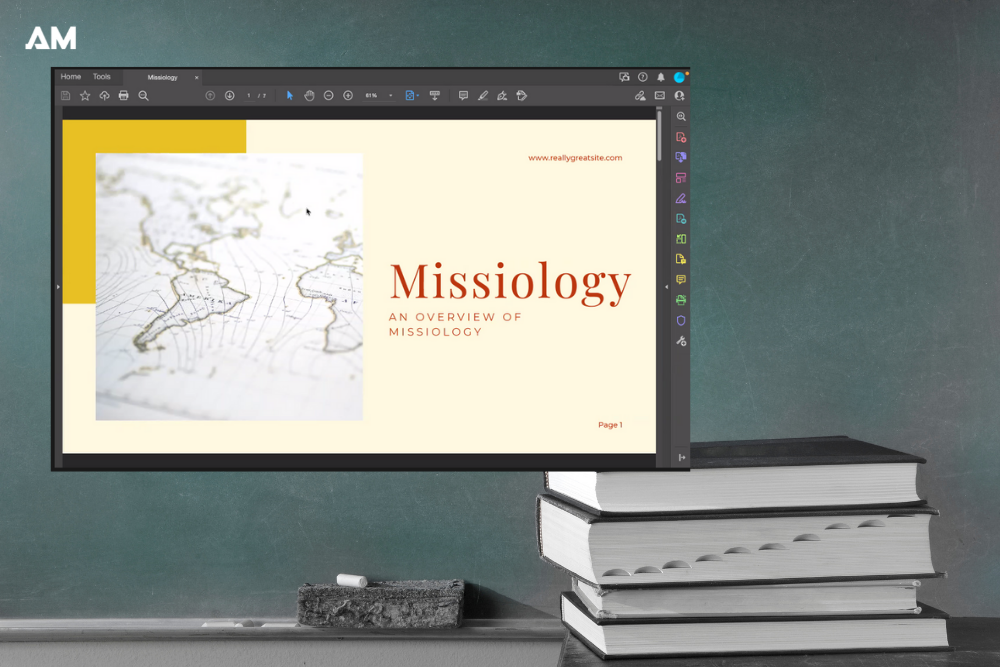Last year, AM HQ (Apostolos Missions Headquarters) began holding missiology lectures that would help to educate the global network on strategies that were implemented by famous missiologist and studied by world renowned theologians. As AM is continuing to hold the lectures in this new year, the hope is that it will help AM as a global organization, to make decisive strategies for world evangelization.
Taught by Dr. Deborah Im, who serves as the AM President, she covered the points discussed in “Missiology: An Introduction to the Foundations, History, and Strategies of World Missions,” by author and theologian, John Mark Terry.
Retired missionary and long- time professor of missions, Terry writes this book to equip readers with a vast resource on contemporary missions as he specially mentions evangelical authors with experiences in international or North America mission.
His book “Missiology” is used in many evangelical seminaries with the purpose of helping students understand their call to missions and Pastors to understand church planting in North America and being a mission-minded church. In this lesson today, AM network could learn briefly where the term missiology derived and what encompasses it.
“God wants to bring holistic change and transformation in this world, and this is called the mission of God,” said Dr. Deborah. Missiology derived from the French word “missiologie.” Missio meaning “sent” and logos meant “word.” Therefore, mission was the expansion of preaching the Gospel.
When theology was formulated, there were these 4 categories: discipline of the bible, church history, systematic theology, and practical theology. When thinking about where missions would fall under, it would be place in the 4th category; practical theology (application). However, Terry and other prominent theologist would argue that missiology should be completely separated from theology and treated independently because it covers so much more.
Here’s why, while Mission was the expansion of preaching the Gospel, Missiology is the way in which an individual was brought to God. Terry says that theology encompasses the science of mission, therefore, it includes theology of mission, history of mission, philosophy, and contextualization (the strategies applied).
Theory + History = Philosophy. Philosophy Leads to Application
“Where are we as AM? We have the theology we are clear about soteriology; we are only justified by Faith. We also understand the history of the reformation church and the strategies that were applied at different times in history. When theology and history are understood well then, we come to our conclusion of our statement which is philosophy,” shared Dr. Deborah.
If you fail to understand the theology of mission and the history of mission, then it is easy to become stagnant and forget our roles we have in the church. However, if this is firm then we would practice our faith and make effective strategies to advance especially as the time is moving very quickly.
Offering thorough insight on modern missions, Terry focuses on how Christianity was the dominate power in the world, but he says other religions are growing and suggest that we need to consider the revolutionary change that is happening in the world. Once this is understood, he says that we can develop the right strategies that will reach many people so that Christianity does not become outdated.
May we study this well so that we can apply effective strategies to world mission.
